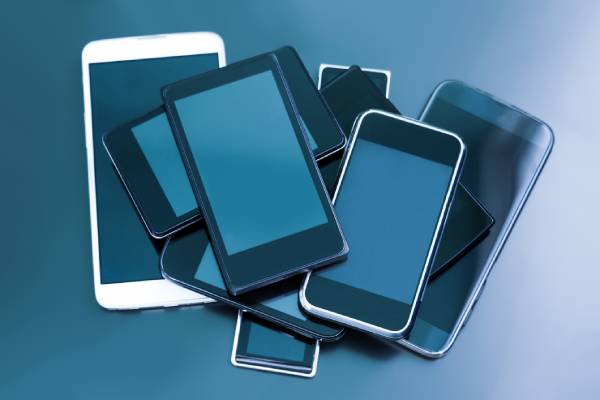
Smartphones, computers, and other electronics will be spared from the steep tariffs President Donald Trump announced earlier this month, U.S. Customs and Border Protection said in guidance released late Friday night.
The move comes after concerns from Apple and other tech companies that rely on China to manufacture their products. Trump’s 145% tariff on Chinese imports sparked fears that prices for phones and laptops would soar. Apple alone lost more than $600 billion in market value in the days after the tariffs were announced.
According to the new guidance, electronics like semiconductors, solar cells, flash drives, and memory cards will also be exempt. The change applies to products brought into the U.S. since April 5.
“This is the dream scenario for tech investors. Smartphones and chips being excluded is a game-changer when it comes to China tariffs,” Dan Ives, Global Head of Tech esearch at Wedbush Securities, told CNBC.
He added, “I think ultimately big tech CEOs spoke loudly, and the White House had to understand and listen to the situation that this would have been Armageddon for big tech if [the tariffs] were implemented.”
Trump had originally planned steep tariffs on goods from dozens of countries but pulled back after market reaction and pressure from businesses. He said China would still face the 145% tariff because it decided to retaliate with its own 84% tariff on U.S. products.
At the White House, Trump said, “They have taken advantage for a long time, ripped us off. How people stood for it, sitting my position is not even believable.” He added the trade fight will “end up working out.”
Apple has been working to diversify production beyond China, with India and Vietnam becoming more important in recent years. However, the company still makes around 80% of iPhones for the U.S. market in China, along with most iPads and many Mac computers.
The temporary pause in tariffs gives companies more time to adjust their supply chains and avoids sudden price hikes for American shoppers.